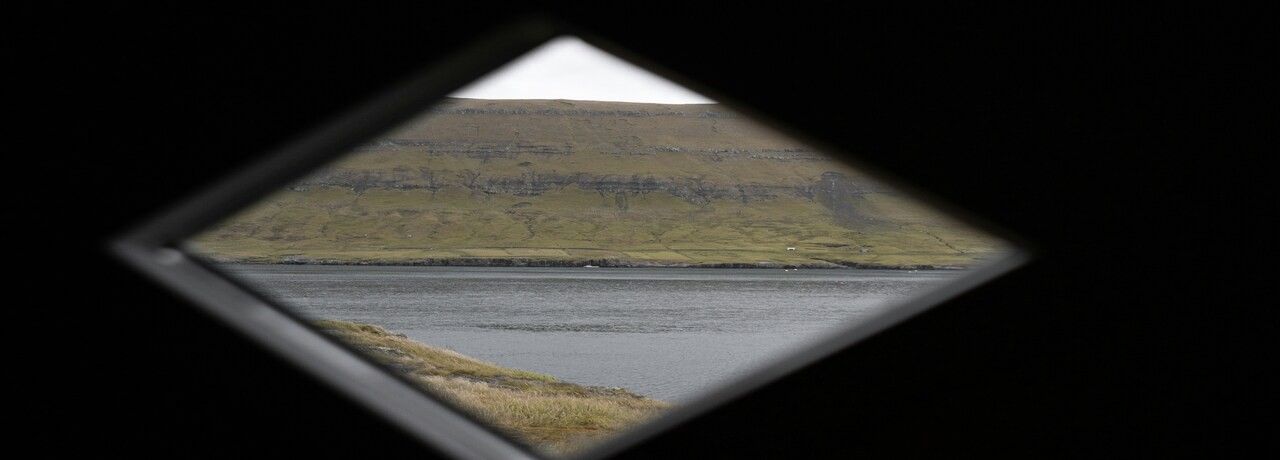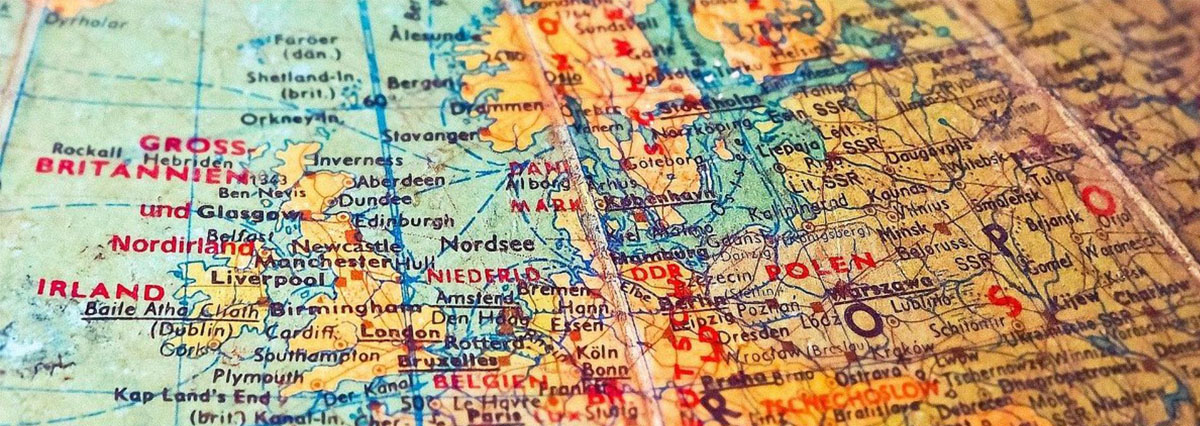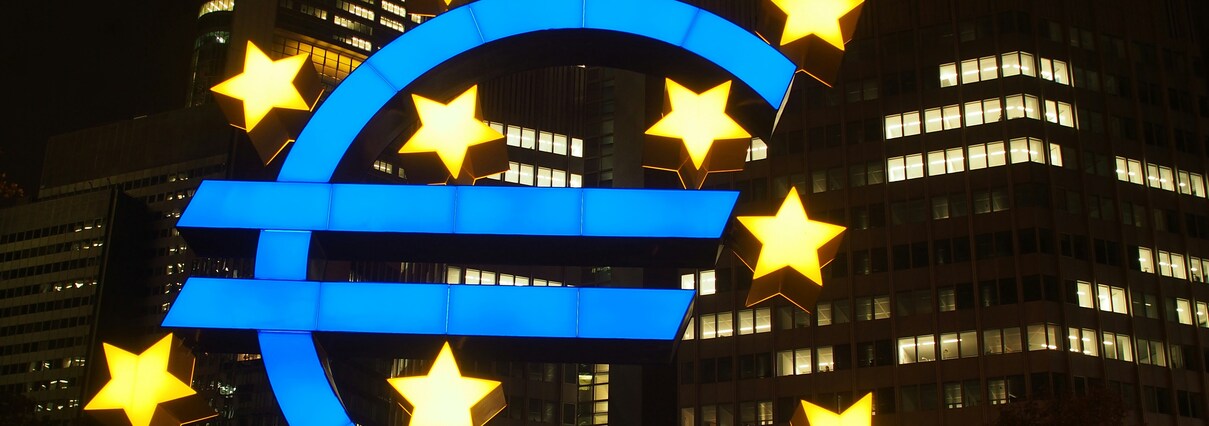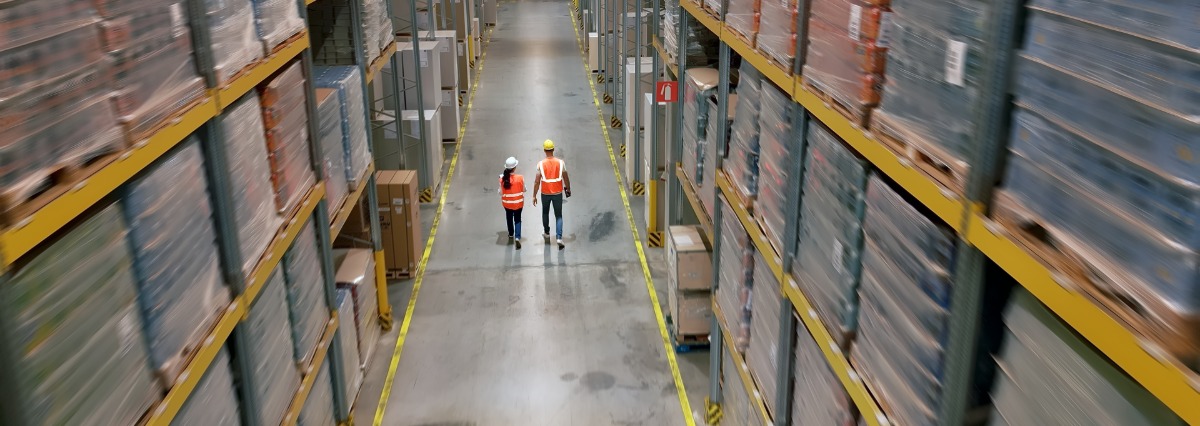Lebanon announced the formation of a new government at the end of last week, ending nine months of quarreling between rival political factions which has increased concerns about one of the world's most indebted economies (public debt is around 150% of GDP). The news promptly boosted Lebanese bonds and restored some confidence in the role of the national currency in savings. But the relieved pressure over the economy could prove short-lived. The new cabinet will comprise most Lebanese political factions, including three posts for Hezbollah, an Iran-backed Shia group subject to U.S. sanctions. There is a high risk that this relatively unchanged system of power sharing will continue to encourage patronage and limit the effectiveness of policymaking. This in turn may put at risk aid and loans worth up to USD11bn pledged to Lebanon last year by the international community if the country will implement vital reforms to fend off an economic crisis. The most needed reforms include cutting public spending, revamping the electricity sector and fighting corruption.






-(2).jpeg)








